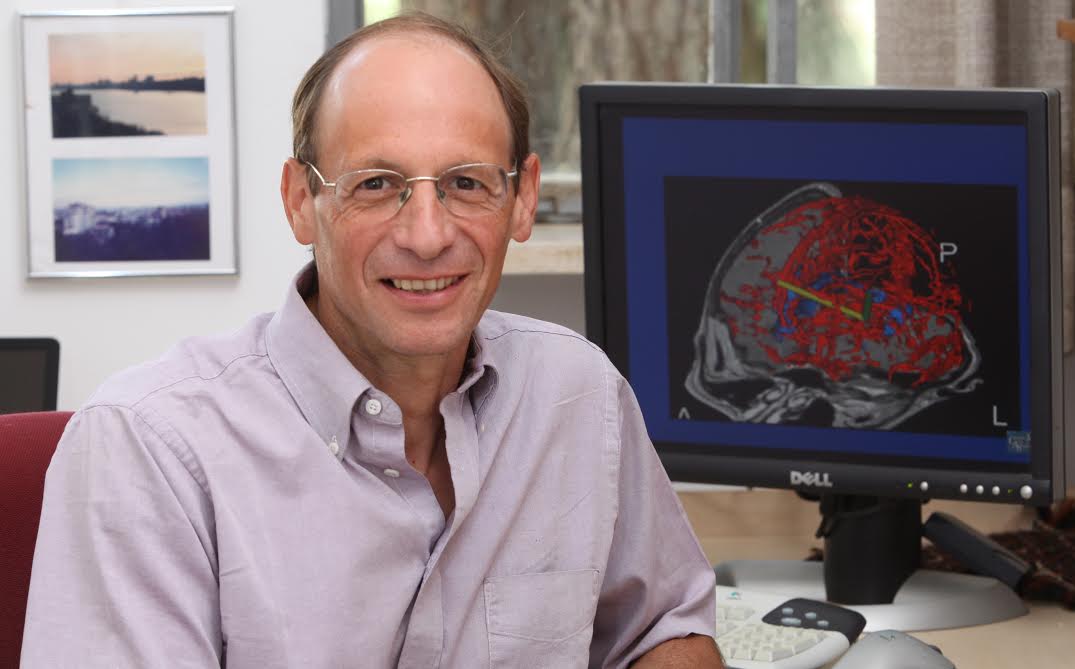
by Leo Joskowicz
There has never been a better time to be in the field of Computer Aided Surgery, Medical Robotics, and Medical Image Processing! Gone are the days in which scientists and research engineers had to justify our presence and work in hospitals and clinics. I vividly recall how in the mid 90’s, armed with a laptop with black and white screen, a video frame grabber, and a cable connected to the X-ray fluoroscope, I was chased away from the operating room by the senior surgeon: “who is this guy? what is he doing here with these cables? Out of my OR!” A few years later, that very same surgeon became a close collaborator and a pioneer in Computer Aided Surgery.
It is very unlikely that this scene would have happened nowadays.
The trends and developments of the past 20 years in medicine and technology have made our field not only relevant but essential in the continuous improvement of patient treatment. This is not to say that there were no difficult times in between: the recessions of 2000 and 2008, disenchantment about unfulfilled promises, commercial failures, hard-to-use systems, and surgeon reluctance have been some of the main roadblocks.
Today, my impression is that there are great opportunities for research and commercialization. Examples include the great success of the Da Vinci system, with more than a million robotic surgeries performed to date, the routine use of stereotactic navigation in neurosurgery, the increase of minimally invasive image-guided interventional procedures, and the increased burden of scan reading and interpretation by radiologists, to name a few. The top conferences in the field show a steadily increasing number of presentations and attendees from all over the world.
More than ever, understanding the current and future needs of the clinicians and the patients is a prerequisite to tap these opportunities and ride ahead of the wave. Frequent visits to the clinics, meetings with specialists, and joint brainstorming sessions, and early prototype deployment are some of the key tools for success.
I wish us all to take advantage and thrive in these exciting times!
Leo Joskowicz, PhD is a Professor at the Rachel and Selim Benin School of Engineering and Computer Science and at the Edmond and Lily Safra Center for Brain Sciences at the Hebrew University of Jerusalem, Jerusalem, Israel. Prof. Joskowicz is currently the general secretary of the ISCAS.

Leave a Reply